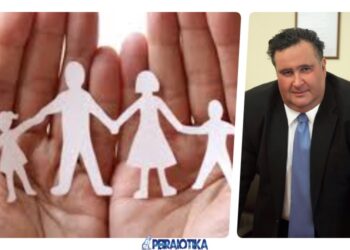Right now no doubt you’ve study â or at least been aware of â Vanity reasonable‘s current takedown of internet dating. The long post is actually an obituary for traditional courtship, which publisher Nancy Jo selling says is actually over owing to online dating services and mobile applications.
Tinder responded with a really general public Twitter meltdown and tongues have-been wagging regarding the state of modern matchmaking from the time. Some agree with revenue, while some accept it’s simply ethical panic and anyone who hasn’t jumped on Tinder practice might be simply too old in order to comprehend it.
The good thing is, an increasing body of systematic scientific studies are specialized in online dating sites and the social change which comes along with it. The not so great news is actually, even boffins are unable to appear to agree with both.
A 2012 study called “trying to find a Mate: The Rise of the Web as a personal Intermediary” discovered no difference between commitment top quality or energy between couples whom found online and partners who found down. In addition it suggested that marriage and relationship rates may increase, as individuals with smaller swimming pools of potential mates utilize online dating services to cast bigger nets.
Another 2012 learn, headed up by Eli Finkel, concluded that many coordinating algorithms don’t work. However, it in addition noted that “online dating sites provides entry to potential partners whom individuals could well be not likely in order to meet through other avenues, and also this access yields brand new romantic options.”
A 2013 learn on marital pleasure and breakups deemed online dating sites an unequivocally good thing. The investigation was actually backed by eHarmony, which rightfully gave some audience stop, but was actually evaluated by independent statisticians before book.
A second research from 2013 analyzed intimate behavior therefore the “hookup tradition” supposedly propagated by programs like Tinder. After examining a nationwide consultant test of more than 1,800 18- to 25-year-olds, the study determined that this youth are not considerably a lot more promiscuous than previous generations. Indeed, they might really be having less intercourse than their own predecessors.
Things had gotten odd in 2014. Using the same data from 2012’s “seeking a spouse” research, a Ph.D. choice at Michigan county concerned the opposing realization about online dating sites and connection top quality. Relating to her findings, online daters will date than marry, prone to split up faster, and more very likely to split up more frequently.
Just how could two scientific studies using the same statistics reach these types of various conclusions?
The solution is one thing we have always understood: really love is actually disorganized, contrary, and complicated. Try quantifying can you are sure to end up being dissatisfied.
















